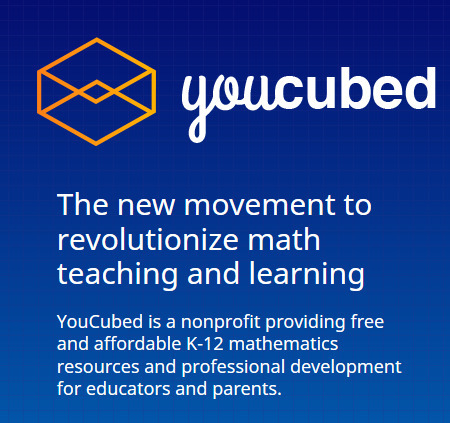I enjoyed going to math class all semester, and how could I not? It was a great, easy-going environment which was evident in the conversations that we had... it was one of the classes this semester where we didn't just say what the prof wanted to hear. It was an awesome experience!
Some of the things that I learned this semester that will stay with me and influence my future teaching are:
- I think that it important to teach children the 'whys' of mathematics. Teachers should not just fill children's heads with specific ways to solve questions or one certain method of getting a correct answer. Students should learn about mathematical relationships and reasoning for all of the concepts that they have to learn. It provides them with background information and reasons for why they're doing what they're doing.
- Children are all not the same. Duh. Teachers need to find many different teaching methods since their students all learn and figuring things out in many ways. Children need concepts explained in ways that contrast from one another, since several of them will have a different thought processes. It is important to provide them with the tools that they will need to be able to do things their way.
- Having a math fair is an amazing idea! Students have the chance to feel confident in presenting their problem to their peers. This is a good opportunity for children to realize that there may be more than one answer to a math problem, or that although there is one answer, there is more than one way of solving it.
- Finally, from reading other final blog posts, the majority of you still don't feel 100% confident in teaching mathematics to children. While this is understandable, since we do not have much/any experience in doing so, I think that it is dangerous to walk into a classroom feeling as if you have mastered the material completely anyways. Children will constantly surprise you with questions that will stump you and will introduce you to things that you did not know yourself! A little bit of uncertainty leaves room for you to grow and it's not only our students who are supposed to be learning new things!
This course was an awesome learning experience. Thanks for everything Mary, best wishes!

Not quite how I actually see math word problems, but it make me laugh :)


